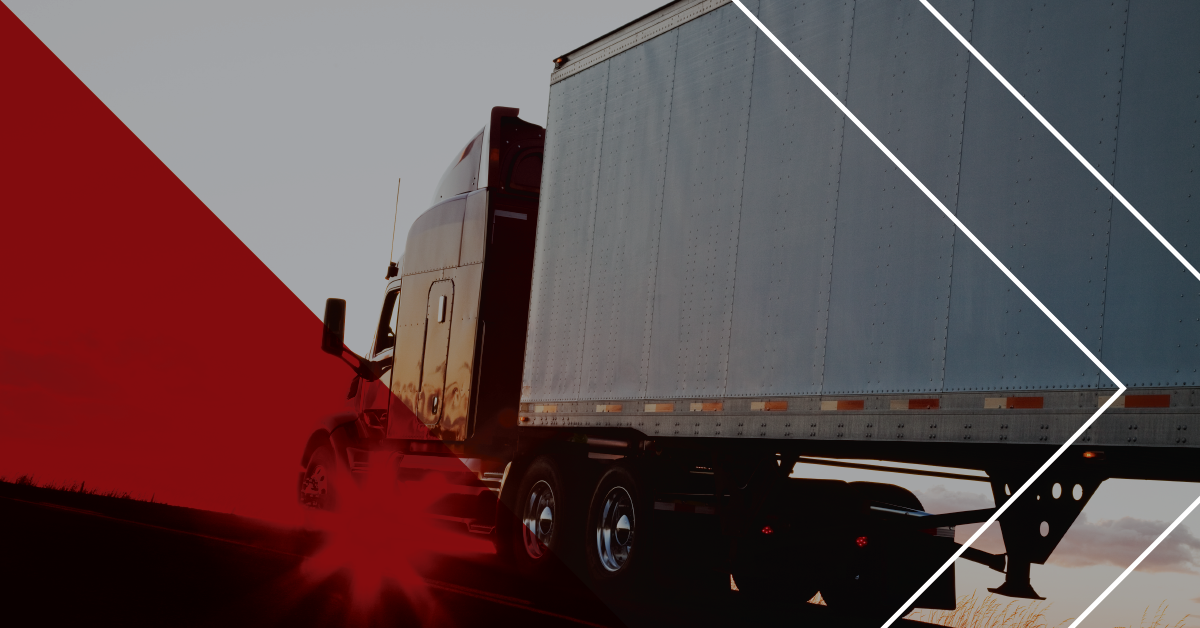
Dry van trucking is a type of transportation that involves the use of a specialized trailer to haul several types of cargo. These trailers are designed to be completely enclosed and protect the cargo from the elements. Dry van trucking is one of the most common types of trucking in the United States and is used to transport everything from food to consumer goods. Here is what you need to know about dry van trucking.
Definition of Dry Van Trucking
Dry van trucking is the transportation of goods in a fully enclosed trailer that protects them from the elements. The trailer is typically 53 feet long, 8.5 feet wide, and 9 feet tall. The trailer is made of aluminum or steel and has two doors that swing open from the rear. Dry van trucking is the most common type of trucking in the United States.
Types of Cargo Hauled
Dry van trailers can haul a wide range of cargo, including food, consumer goods, electronics, building materials, and more. The cargo is typically loaded onto pallets and secured with straps or chains to prevent shifting during transport. Dry van trailers are also commonly used for expedited shipping, which involves the transportation of time-sensitive cargo.
Advantages of Dry Van
One of the main advantages of dry van trucking is that it provides an elevated level of security for the cargo being transported. The cargo is completely enclosed, which helps to protect it from theft, damage, and the elements. Dry van trailers are also easy to load and unload, as they can be backed up directly to a loading dock.
Another advantage of dry van trucking is that it is highly versatile. Dry van trailers can be used to transport a wide range of cargo, including both perishable and non-perishable goods. Dry van trucking is also highly customizable, as the trailers can be equipped with various features to meet the specific needs of the cargo being transported.

Challenges of Dry Van Trucking
Despite its many advantages, dry van trucking also presents several challenges. One of the main challenges is that it can be difficult to find loads that are a good match for the trailer. Dry van trailers are best suited for cargo that can be loaded onto pallets, which can limit the types of cargo that can be transported.
Another challenge of dry van trucking is that it can be difficult to maintain a consistent load volume. Dry van trailers are typically loaded to their full capacity, which can make it difficult to find enough cargo to fill the trailer on a consistent basis. This can lead to empty miles, which are miles driven without any cargo in the trailer.\
Regulations
Dry van trucking is subject to a wide range of regulations at both the federal and state level. Some of the most important regulations include weight limits, hours of service requirements, and safety regulations. Drivers and companies that violate these regulations can face fines, penalties, and other consequences.
Choosing a Dry Van Trucking Company
When choosing a dry van trucking company, it is important to consider several factors. These factors include the company’s safety record, reputation, and experience. It is also important to consider the company’s equipment, as well as its ability to meet your specific transportation needs.
In conclusion, dry van trucking is a highly versatile and secure form of transportation that is used to haul a wide range of cargo. While it presents several challenges, it is a vital component of the transportation industry and plays a critical role in the economy. If you need dry van trucking services, it is important to choose a reputable and experienced company that can meet your transportation needs.